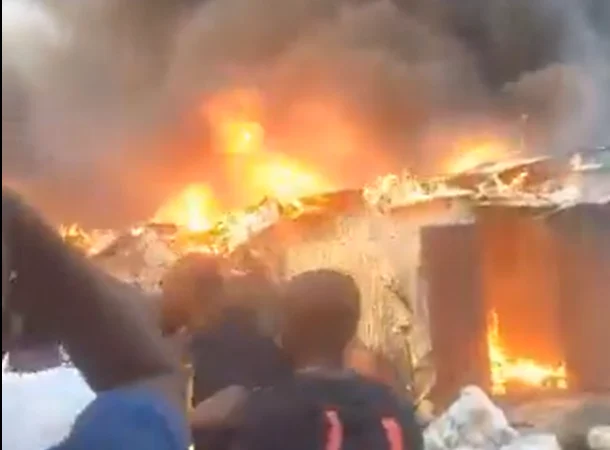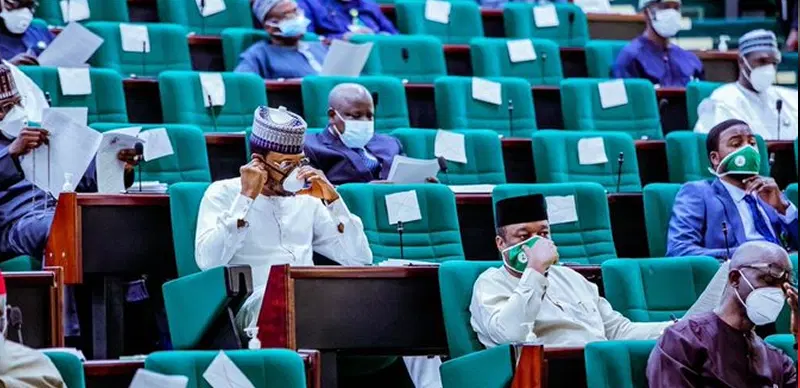Oluwanifemi Ojo

The World Bank has signed an agreement with four African countries, Chad, Liberia, Sierra Leone, and Togo, worth $311 to fund renewable energy projects.
The new Regional Emergency Solar Power Intervention Project was approved by the World Bank in December 20, 2022 with the aim of accelerating grid-connected renewable energy systems. Also to promote regional integration amongst participating countries.
RESPITE will finance the project involving the installation and operation of about 106 megawatts of solar photovoltaic, including storage systems. It will also fund the expansion of 41 megawatts hydropower expansion while also supporting the distribution and transmission of electricity across Sierra Leone, Liberia, Togo and Chad.
World Bank Task Team Leader of the project, Rhonda Jordan-Antoine, said, “Solutions supported by the new project are many fold and have substantial benefits for the countries and the region. Among others, it will provide fiscal space for countries to address food crisis resulting from the war in Ukraine, initiate development of competitively tendered grid-connected clean energy to alleviate current power supply crisis, positively address climate change by helping countries to move away from expensive and polluting fuels, and help synchronize the WAPP network to enhance regional integration in the energy sector.”
President Julius Maada Bio of Sierra Leone, who oversaw the signing ceremony on Wednesday, stated that the agreement marked the start of a revolution in the countries’ access to and supply of energy.
In his words, “We are paying far more for energy now than we were 18 months ago. Very high and rising energy prices continue to have an adverse impact on other sectors of our economies.”
Some of the funding from a new World Bank Regional Emergency Solar Power Intervention Project will also go toward the West Africa Power Pool, a regional strategy to strengthen the sub-region’s electricity supply.
The project marked the first time four nations had been brought together for a regional energy strategy, according to Boutheina Guermazi, Director for Regional Integration at the World Bank.
The director added that the project will be commissioned after four years and stated that “It is a continental approach to make sure that we reach universal access to clean affordable energy by 2030.”









